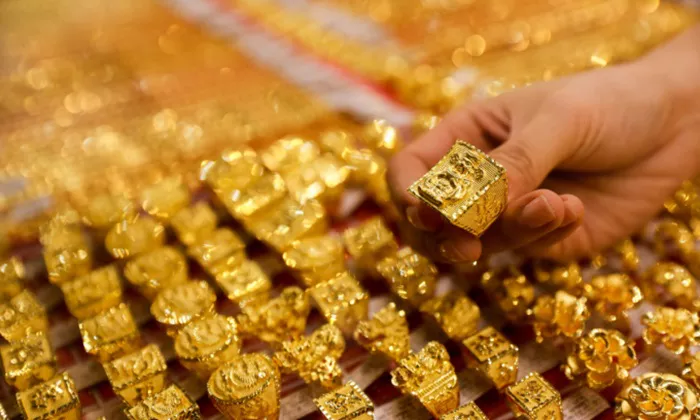Gold is a valuable and highly sought-after precious metal, often used in jewelry, coins, and various other items. Due to its value, it’s important to ensure that the gold you have is real. There are several methods to test the authenticity of gold, ranging from simple at-home tests to professional assessments. Here’s a detailed guide on how to tell if gold is real.
1.Visual Inspection
Hallmarks and Stamps
Look for official hallmarks or stamps on the gold item. These marks usually indicate the purity of the gold (e.g., 10K, 14K, 18K, 24K).Authentic gold jewelry often includes a hallmark indicating its karat weight.
Discoloration
Check for discoloration or fading, especially in areas where the item might rub against the skin. Real gold doesn’t tarnish, while fake gold often shows signs of wear over time.
2. Magnet Test
What You’ll Need
A strong magnet, such as a rare-earth magnet.
Procedure
Hold the magnet near the gold item. Real gold is not magnetic, so if the item is attracted to the magnet, it is likely not pure gold or is made of another metal.
Note
Some fake gold items may not be magnetic if they are made from non-magnetic metals, so this test is not definitive on its own.
3. Float Test
What You’ll Need
A container of water.
Procedure
Drop the gold item into the container of water. Real gold is dense and will sink to the bottom. If the item floats or hovers, it is likely not real gold.
See also: Vinegar Test: How To Tell If Gold Is Real?
4. Skin Test
Procedure
Rub the gold item against your skin. If your skin turns green or black where the item made contact, it is likely not real gold. Real gold does not react with the skin.
5. Nitric Acid Test
What You’ll Need
Nitric acid (handle with care and use protective equipment).
Procedure
Apply a small drop of nitric acid to a scratch or an inconspicuous part of the gold item. Real gold will not react to the acid, while fake gold will often turn green, milky, or other colors depending on the metals used in the alloy.
Caution
This test can damage the item and should be conducted carefully, preferably by a professional.
6. Ceramic Scratch Test
What You’ll Need
An unglazed ceramic plate.
Procedure
Rub the gold item across the surface of the ceramic plate. Real gold will leave a gold streak, while fake gold will leave a black or gray streak.
7. Professional Appraisal
Where to Go
Jewelers, pawnshops, or gold dealers.
Procedure
Take the gold item to a professional for an appraisal. They have specialized tools and experience to accurately determine if the gold is real.
8. Electronic Gold Testers
What You’ll Need
Electronic gold tester (available for purchase online or at jewelry supply stores).
Procedure
Follow the manufacturer’s instructions to test the gold item. These devices can measure the electrical conductivity of the metal, which varies with the gold content.
9. Weight and Size Measurement
What You’ll Need
A precise scale and calipers.
Procedure
Weigh and measure the gold item. Compare the weight and dimensions with standard weights and measurements for gold items of the same type. Real gold is heavier than most common metals used in fake gold items.
Conclusion
Verifying the authenticity of gold can be done through various methods, from simple at-home tests to professional assessments. While some tests, like the magnet and float tests, can provide quick insights, others, like the nitric acid test or professional appraisal, offer more definitive results. For the most accurate determination, especially for valuable items, consulting with a professional jeweler or using an electronic gold tester is recommended.
Related Topics:

